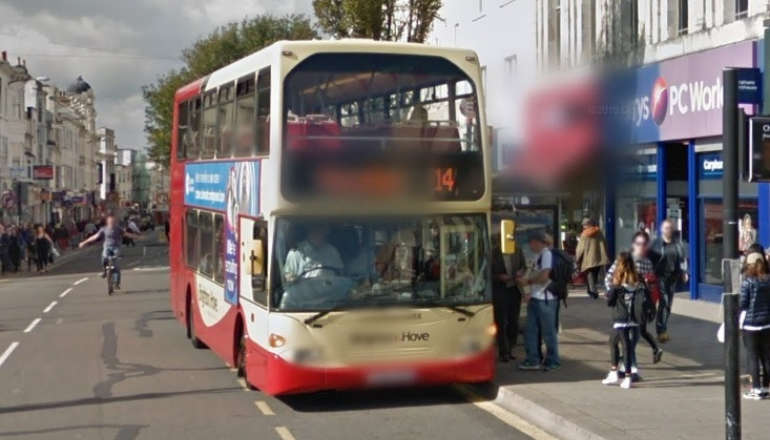
A proposal to keep the £2 bus fare cap in Brighton and Hove would cost £14 million a year, councillors were told.
Green opposition leader Steve Davis called on Brighton and Hove City Council to meet bus company bosses to discuss how to keep the £2 bus fare cap – at the lowest possible cost to the public purse.
He also wanted a report to explore potential funding streams to support the subsidy including the Carbon Neutral Fund and the Bus Service Improvement Plan (BSIP).
But in a debate in the council chamber at Hove Town Hall, Labour rejected calls for a report and cabinet member Councillor Trevor Muten said that he had already met bus bosses.
They urged the Labour leader of the council Bella Sankey to discuss devolution with ministers, potentially giving a regional mayor the power to take buses under public control.
Councillor Davis told a meeting of the full council that when the government brought in the cap it was “a rare glimmer of hope” which put money back into people’s pockets.
He said:
“The government’s decision to allow the increase in the national bus fare cap from £2 to £3 might seem like small beans to some.
“But for many Brighton and Hove residents, it represents yet another blow to already stretched household budgets.
“As a city that has historically boasted the highest bus usage per person outside of London, this 50 per cent increase will have far-reaching consequences for our community.”
The government decided to increase the cap to £3 to save about £350 million but Councillor Davis said that this was just 1.6 per cent of the £22 billion that the government said was needed to address a budget black hole.
Brighton and Hove Independent councillor Mark Earthey said that the cap provided a significant reduction in the cost of a return fare from Rottingdean and Saltdean to the centre of Brighton.
Councillor Earthey said that he did not want to see the potential £14 million cost of keeping the £2 cap coming out of the already stretched general budget, which is why he wanted a report to cabinet on alternative funding.
Councillor Muten, the council’s cabinet member for transport, parking and the public realm, said:
“We’re working with our bus operators to explore all options and we very much do have those on low income at the forefront of our minds as we do so.”
He said that the council needed to manage its limited budget to tackle inequality and improve the lives of those in need.
Councillor Muten said:
“The bus fare cap was set to end this year at the end of December, a cliff edge created by the previous government with no commitment, plan or budget to continue beyond the end of this month.”
At the council meeting on Thursday (19 December), he commended the government for ensuring that a fare cap would continue, albeit at £3 rather than £2.
Conservative councillor Ivan Lyons was disappointed by the increase. He said: “Brighton and Hove has no proper park and ride and some of the most expensive parking in the country.
“The tourist industry and businesses rely on large numbers of the public using our bus services. The bus service in Brighton is one of the most widely used outside London.
“Visitor numbers have not returned to pre-pandemic levels so it’s essential that bus fares are kept to as low a level as possible.”
Councillor Lyons said that the Conservatives did not want to see buses come back under public control.

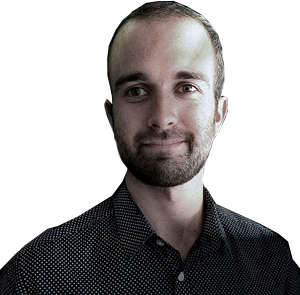
 Appeal After Arson At Gym In Burgess Hill
Appeal After Arson At Gym In Burgess Hill
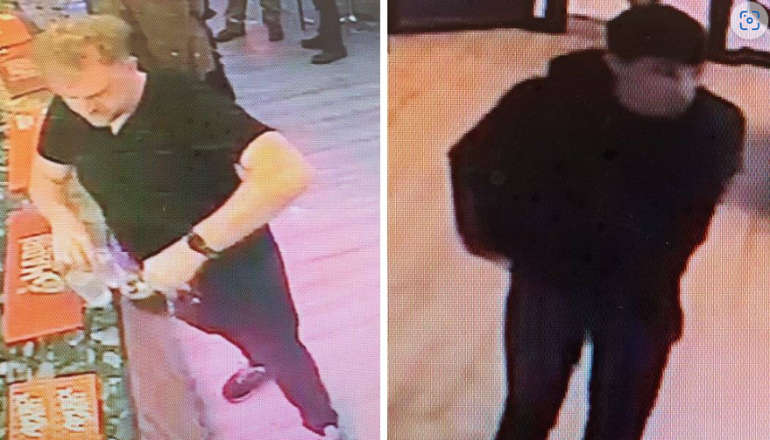 Two Men Sought In Connection With Brighton Rape
Two Men Sought In Connection With Brighton Rape
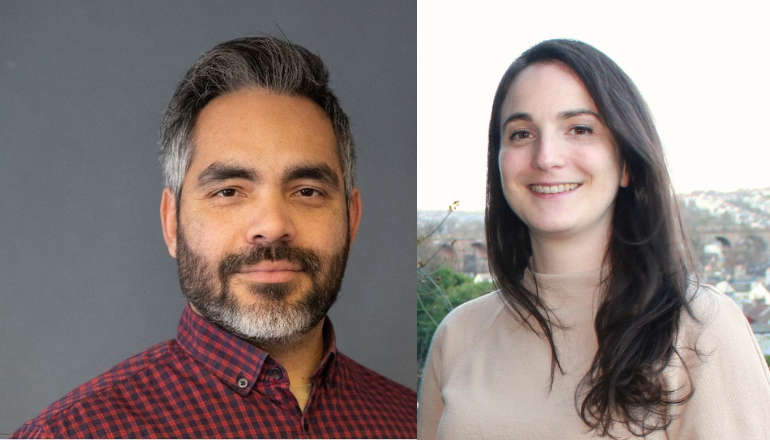 Councillors Support Baby Box Partnership With Charities
Councillors Support Baby Box Partnership With Charities
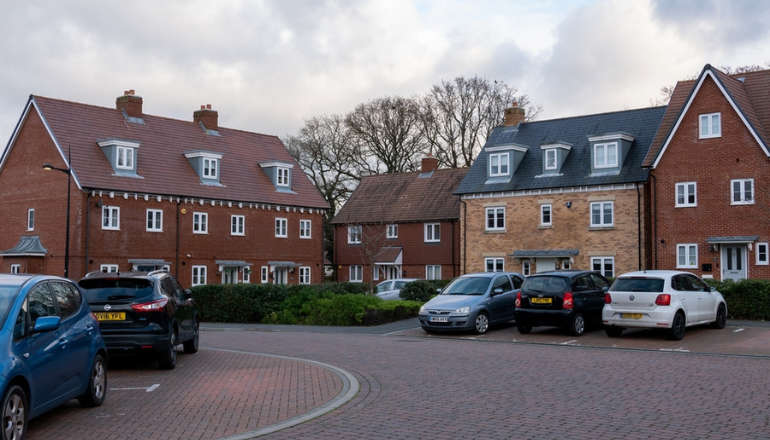 New Medical Centre Scoping Exercise Agreed By Wealden Council
New Medical Centre Scoping Exercise Agreed By Wealden Council
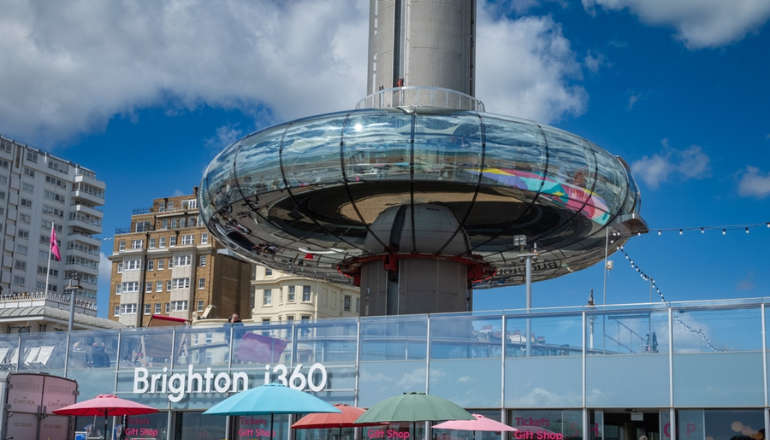 'Out Of This World' Ideas Put Forward For Future Of Brighton i360
'Out Of This World' Ideas Put Forward For Future Of Brighton i360
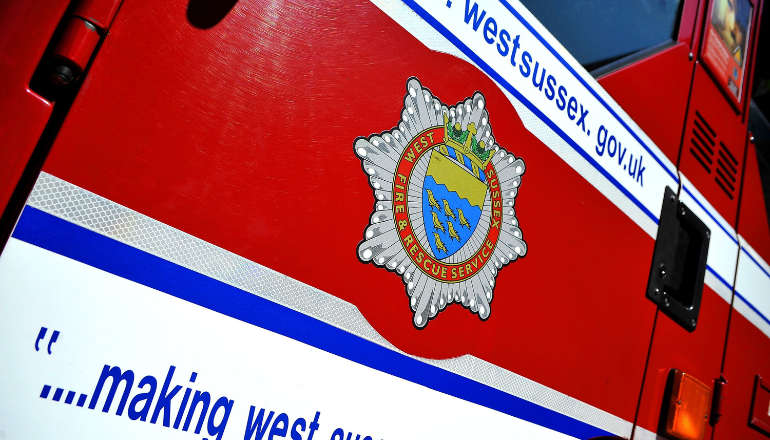 New Fire Engines For West Sussex
New Fire Engines For West Sussex
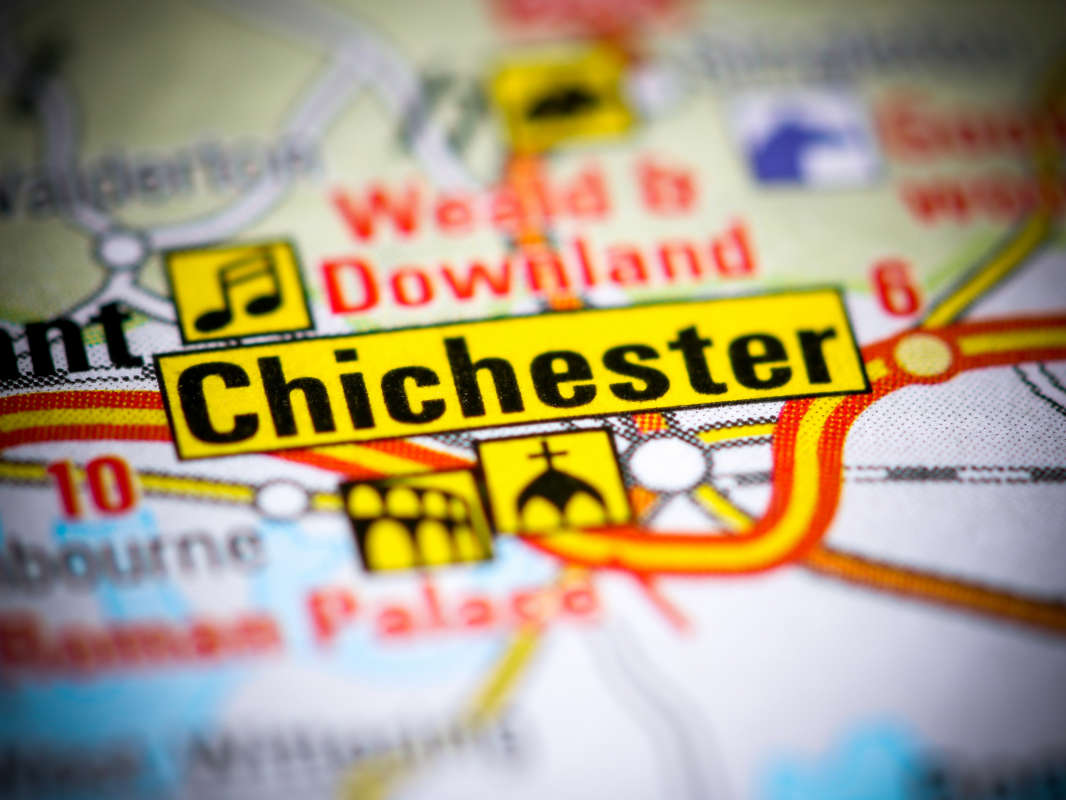 Sussex Setback For Travellers As Application Set For Snub
Sussex Setback For Travellers As Application Set For Snub
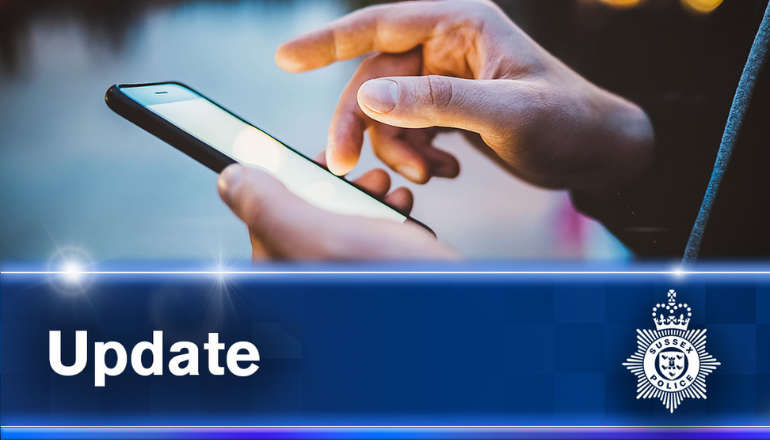 East Grinstead Murder Suspect Released On Bail
East Grinstead Murder Suspect Released On Bail
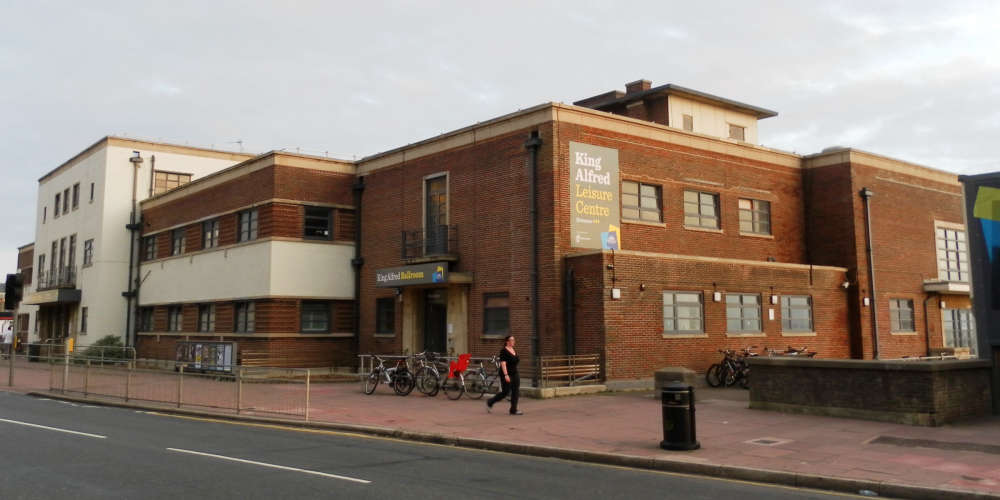 Popular Gym For The Axe As Leisure Centre Redevelopment Approaches
Popular Gym For The Axe As Leisure Centre Redevelopment Approaches
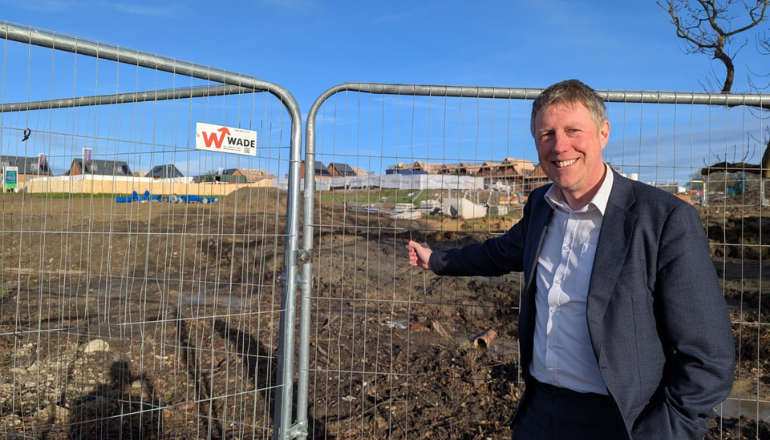 Next Steps for Polegate and Willingdon Medical Centre
Next Steps for Polegate and Willingdon Medical Centre
Comments
Add a comment